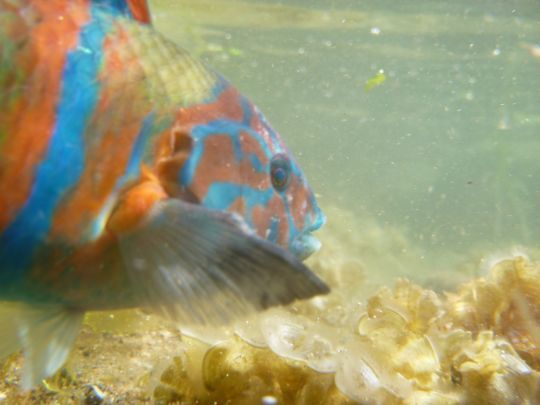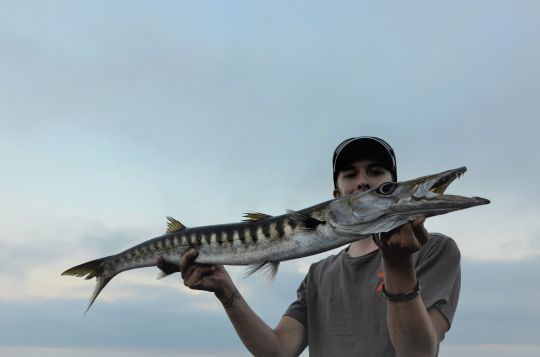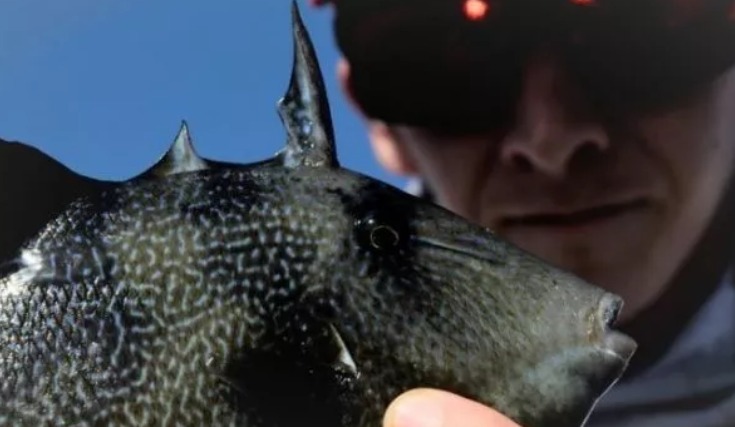The heat accumulated in the Mediterranean is causing a “tropicalization” of the environment. Native, heat-sensitive species are being wiped out or displaced, replaced by exotic species that are more tolerant to high temperatures. Marine habitats are transforming, resulting in an overall loss of biodiversity, a homogenization of species, and ecosystems that are increasingly vulnerable to climatic and human-induced disturbances.
A Direct Consequence of Climate Change
The tropicalization of the Mediterranean Sea refers to the gradual transformation of its marine ecosystems and climatic conditions toward those typically found in tropical regions — a direct consequence of global climate change.
Specifically, this results in:
- Marked increase in water temperature: In recent years, the Mediterranean has recorded record-breaking heat, with surface temperatures often exceeding 29–30°C in summer, and increasingly frequent and prolonged marine heatwaves. Even winters are becoming milder, with fewer cold events.
- Increased frequency of extreme weather events: There are more heatwaves, increasingly irregular rainfall, and occasional intense weather episodes reminiscent of tropical regions (localized torrential rain, storms).
A Deep Transformation of Ecosystems
Some typically Mediterranean species — including corals, gorgonians, sponges, sea urchins, and seagrass meadows (Posidonia oceanica) — are experiencing mass die-offs or are regressing, unable to tolerate such high temperatures.
At the same time, tropical species — particularly those entering through the Suez Canal (fish, invertebrates, algae) — are finding favorable conditions and are invading the region, sometimes at the expense of local species (species replacement, ecological imbalance).
The Suez Canal plays a key role, acting as a “corridor” for the introduction of exotic species.

Major Impacts on Marine Biodiversity
The rise in Mediterranean temperatures is reshaping marine biodiversity through several key mechanisms:
- Mass mortality of heat-sensitive species: « Sessile » species, such as corals (especially gorgonians and red coral), sponges, oysters, mussels, and sea urchins, experience exceptional die-offs during marine heatwaves, as they cannot migrate to cooler waters. These organisms are crucial as habitat, nursery grounds, and protective barriers for many other marine life forms.
- Replacement of native species: Tropical species, often introduced through the Suez Canal or from the Atlantic, are colonizing the warming Mediterranean. Rabbitfish, lionfish, barracudas, blue crabs, and exotic algae are increasingly present. These invasive species occupy space, compete with or prey on native species, accelerating their decline or disappearance.

Reorganization of communities and habitats: Native seaweed forests, once rich in biodiversity, are declining and being replaced by tropical seaweed meadows that are poor in species and biomass. This deeply alters the structure and functioning of ecosystems, affecting all marine food chains.
Shift in species distribution: Temperate or cold-water species are either migrating northward within the basin or disappearing, while thermophilic species settle in, leading to a homogenization of Mediterranean marine fauna and flora. This redistribution results in a decline in local biodiversity.
Emergence of diseases and epizootics: Thermal stress weakens marine fauna and flora, making populations more vulnerable to emerging diseases, which further exacerbates mass mortality events.
Proliferation of toxic algae and plankton disruption: Warmer and often less oxygenated waters foster the growth of invasive algae and harmful microorganisms, which can destabilize food webs and cause major ecosystem imbalances.
This phenomenon of « tropicalization » and accelerating invasions is driven not only by rising temperatures but also by the weakening of native populations and the creation of opportunities for more tolerant and competitive exotic species.


